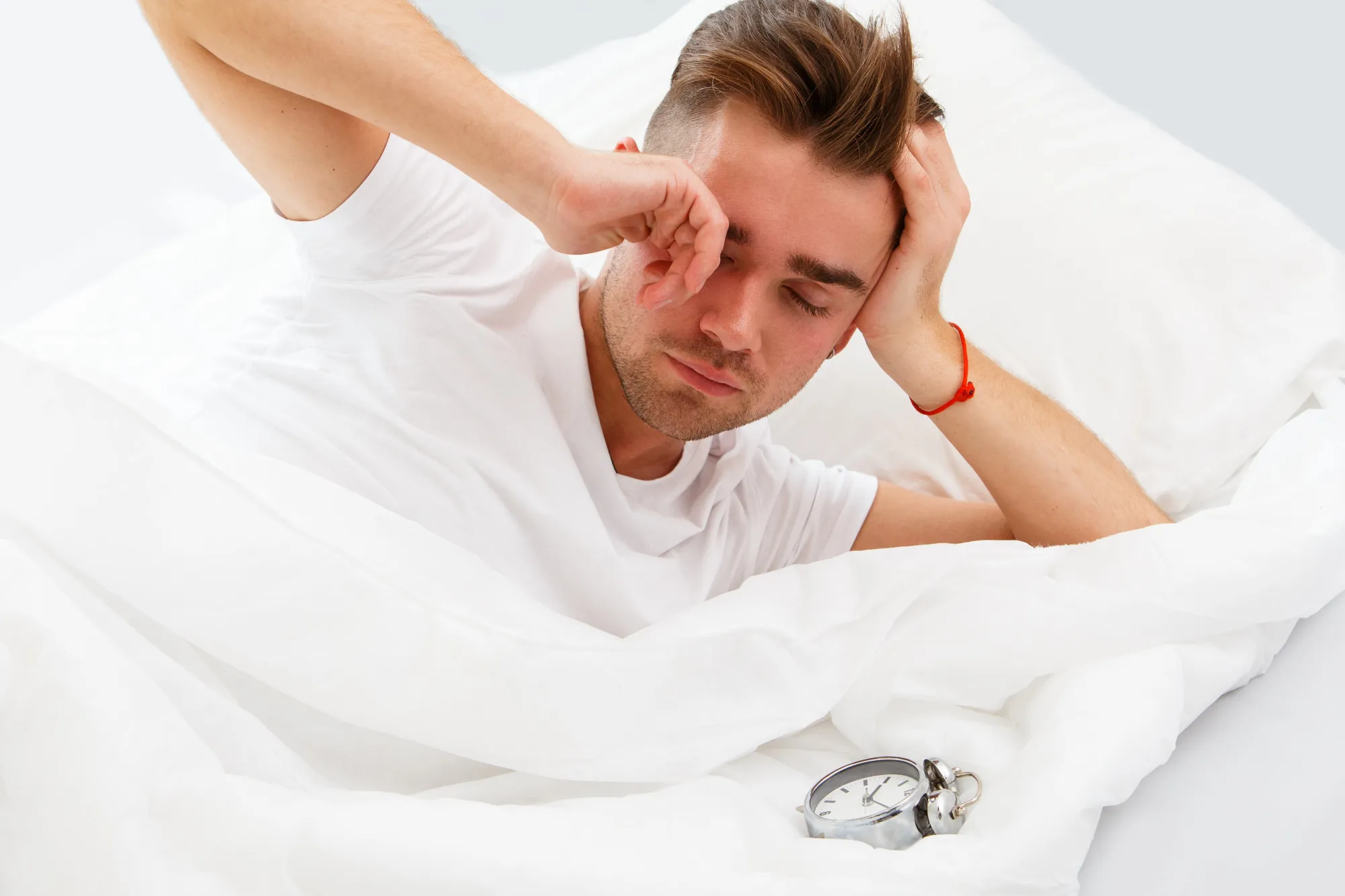Introduction
Chronic sleep disorders (CSD) have become a prevalent concern in the modern world, with stress being one of the primary culprits disrupting people’s sleep patterns. Recent research published in the Journal of Nutritional Science and Vitaminology by Sayaka Higo-Yamamoto and colleagues (DOI: 10.3177/jnsv.65.164) introduces a promising intervention using dietary supplementation with a specific strain of heat-killed bacteria, Lactobacillus brevis SBC8803, which has shown a significant positive impact on sleep quality in stressed mice. This article delves into the details of this pioneering investigation, discussing its implications and how it could revolutionize our approach to managing psychophysiological stress-induced CSD.
Study Overview
The study by Higo-Yamamoto et al. published in 2019, with updates in 2022, builds on previous findings by the same research group demonstrating that a diet containing heat-killed Lactobacillus brevis SBC8803 can influence sleep dynamics in mice and humans. The more recent study took a closer look at whether this supplementation could improve CSD brought about by psychophysiological stress in a controlled mouse model known for dysfunctional circadian rhythms in wheel-running activity and sleep-wake cycles.
Experimental Design
In the experiment, mice were fed with a diet supplemented with 0.5% heat-killed SBC8803 for six weeks. During the last two weeks of this period, the rodents were subjected to stress-induced conditions known to provoke CSD, simulating a scenario akin to psychophysiological stress in humans. The researchers meticulously assessed the mice’s wheel-running activity and conducted electroencephalography (EEG) to record sleep patterns and brain activity, particularly focussing on wakefulness and non-rapid eye movement (NREM) sleep phases during both active and inactive periods of their circadian cycle.
Key Findings
The results were enlightening, offering hope for a potential new therapy for those suffering from stress-related sleep disturbances. It was observed that dietary SBC8803 significantly maintained wheel-running activity, which otherwise was reduced by CSD. Furthermore, EEG analysis showed that SBC8803 restored wakefulness and enhanced NREM sleep, especially in the latter half of the active phase when mice were experiencing CSD. A notable improvement was also seen in EEG slow-wave activity—a marker for the intensity of NREM sleep—during the early inactive phase, which was otherwise dampened by CSD.
Implications for Human Health
The findings of the study shed light on the possibility of managing sleep disturbances resulting from stress using dietary interventions with specific probiotic strains. If similar effects are observed in humans, it could lead to the development of a functional food or supplement aimed at improving sleep quality without the need for pharmacological interventions, which often come with side effects.
Future Research
While these results are promising, further research is essential to establish the efficacy and safety of heat-killed Lactobacillus brevis SBC8803 supplementation in humans. Long-term studies with diverse populations and rigorous clinical trials would be the next steps to validate these findings.
Conclusion
The groundbreaking study by Higo-Yamamoto and colleagues has opened up a novel pathway for ameliorating chronic sleep disorders caused by psychophysiological stress. With further research, dietary supplementation with heat-killed Lactobacillus brevis SBC8803 could become a simple, safe, and effective strategy to restore restorative sleep and enhance overall well-being.
Keywords
1. Chronic sleep disorders treatment
2. Heat-killed Lactobacillus brevis
3. Probiotic supplements for sleep
4. Stress-induced sleep therapy
5. Circadian rhythm regulation
References
1. Higo-Yamamoto, S., Yamamoto, S., Miyazaki, K., Nakakita, Y., Kaneda, H., Takata, Y., Nakamura, T., & Oishi, K. (2019). Dietary Heat-Killed Lactobacillus brevis SBC8803 Attenuates Chronic Sleep Disorders Induced by Psychophysiological Stress in Mice. Journal of Nutritional Science and Vitaminology, 65(2), 164-170. DOI: 10.3177/jnsv.65.164.
2. Miyazaki, K., Yamashita, T., Suzukamo, C., Oishi, K., & Miyazaki, T. (2015). Sleep quality and daytime napping habits of Japanese workers: a large cross-sectional study. Sleep and Biological Rhythms, 13(1), 35-42. DOI: 10.1111/sbr.12074.
3. Sairenji, T., Collins, K. L., & Evans, D. V. (2017). An approach to the patient with unintentional weight loss. American family physician, 95(7), 426-439.
4. Kim, H. J., Kim, J. H., Noh, S., Hur, H. J., Sung, M. J., Hwang, J. T., … & Lee, K. W. (2013). Metabolomic analysis of livers and serum from high-fat diet induced obese mice. Journal of proteome research, 12(2), 722-731. DOI: 10.1021/pr3007484.
5. Zick, S. M., Colacino, J., Cornellier, M., & Khabir, T. (2016). Fatigue reduction diet in breast cancer survivors: a pilot randomized clinical trial. Breast cancer research and treatment, 161(2), 299-310. DOI: 10.1007/s10549-016-4054-x.
